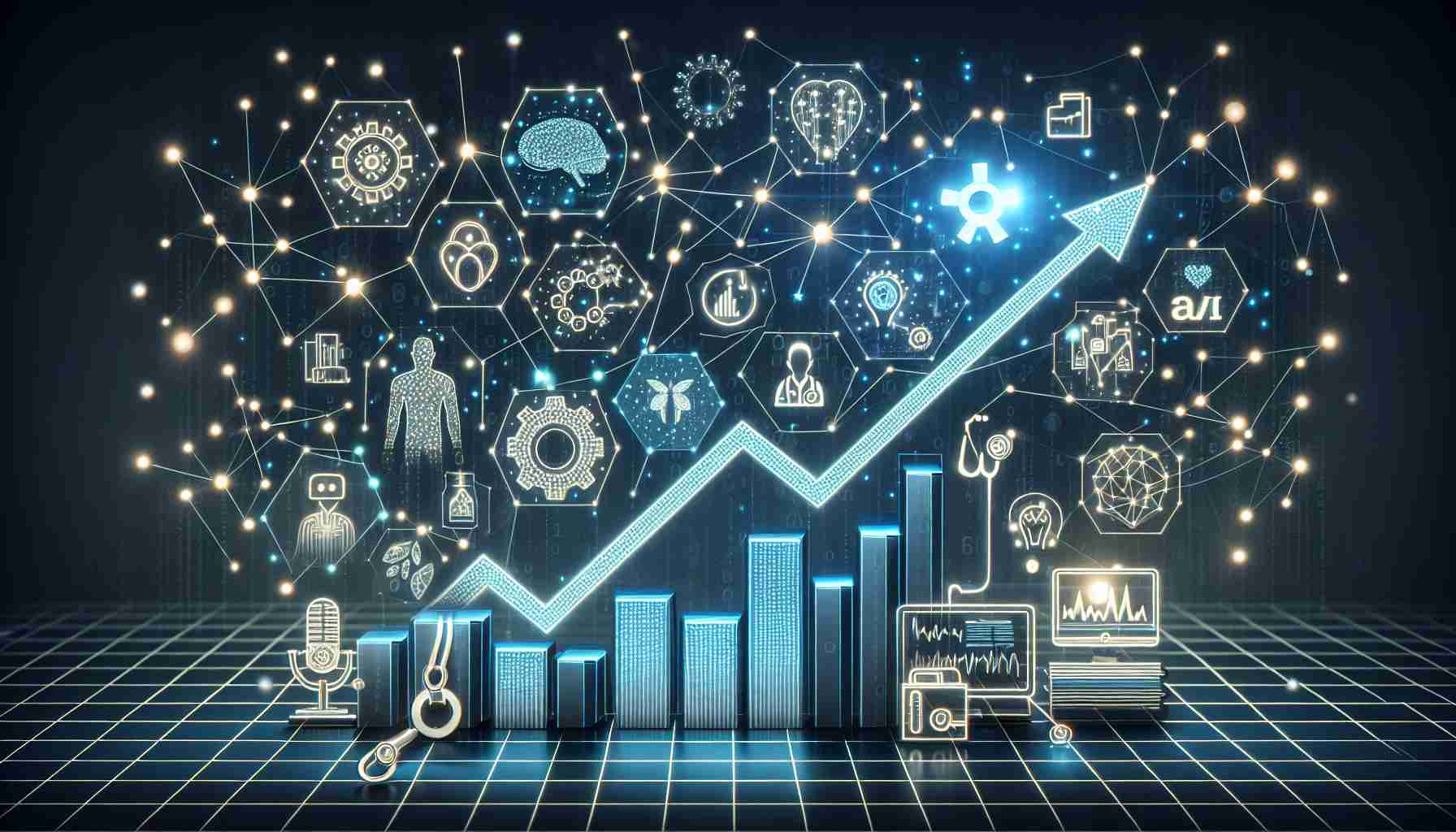
The Growing Impact of AI on Industry Evolution
Data security and privacy concerns continue to be a core consideration for industry leaders delving into the realm of artificial intelligence (AI). A recent study highlighted that a significant percentage of decision-makers are apprehensive about the potential risks associated with AI implementation.
The latest research, conducted by an industry expert, unveiled that companies are increasingly prioritizing data security and compliance, emphasizing the critical role AI plays in shaping technology strategies. Concerns around the misuse of AI and inadvertent breaches of customer privacy regulations have prompted a notable surge in companies refining their policies on AI usage to mitigate risks.
Industry analysts agree that while AI adoption is on the rise, there are valid concerns regarding data privacy, misuse, and maintaining brand integrity. Various markets exhibit distinct apprehensions, with the US prioritizing concerns over AI misuse, while the UK and Europe are more focused on safeguarding company data due to stringent data protection regulations.
Although current AI applications primarily revolve around internal functions like data analysis and communication tasks, there is a growing push to leverage AI for customer service enhancement. The study highlights an emerging trend towards incorporating AI into customer interactions, showcasing untapped potential for revolutionizing customer service dynamics.
The findings emphasize the need for companies to invest in upskilling their workforce, adapting IT budgets, and enhancing data technologies to maximize the benefits of AI integration. As industries navigate the evolving landscape of AI, ensuring data security, privacy, and responsible AI practices remains paramount for sustainable growth and success.
As the impact of artificial intelligence (AI) on industry evolution continues to grow, new aspects of this technological advancement are coming to light. Companies are not only focusing on data security and compliance but also exploring the broader implications and applications of AI across various sectors.
One key question that arises is the ethical considerations surrounding AI integration. How can companies ensure that AI is being used ethically and responsibly? Answer: Companies must establish clear guidelines and ethical frameworks for AI development and deployment to address potential biases, discrimination, and unintended consequences.
Another important aspect to consider is the impact of AI on employment. What are the potential implications of widespread AI adoption on the workforce? Answer: While AI can lead to increased efficiency and productivity, it may also disrupt traditional job roles, requiring companies to reskill or redeploy employees to adapt to the changing landscape.
One of the key challenges associated with AI evolution is the lack of standardized regulations and guidelines. How can policymakers and industry leaders collaborate to create a cohesive framework for AI governance? Answer: Collaborative efforts between government entities, industry stakeholders, and technology experts are essential to establish guidelines that safeguard data privacy, ensure transparency, and promote responsible AI innovation.
Advantages of AI integration in industries include enhanced decision-making capabilities, improved operational efficiency, and personalized customer experiences. AI can automate repetitive tasks, analyze vast amounts of data, and drive innovation.
However, there are also disadvantages to be mindful of. One such concern is the potential for AI systems to perpetuate biases present in the data used for training. Additionally, overreliance on AI technology without human oversight can lead to errors or unintended consequences.
For more insights on the impact of AI on industry evolution, you can explore relevant articles on IBM or TechRadar. These sources offer in-depth analysis and perspectives on the latest trends and developments in AI technology across various sectors.















